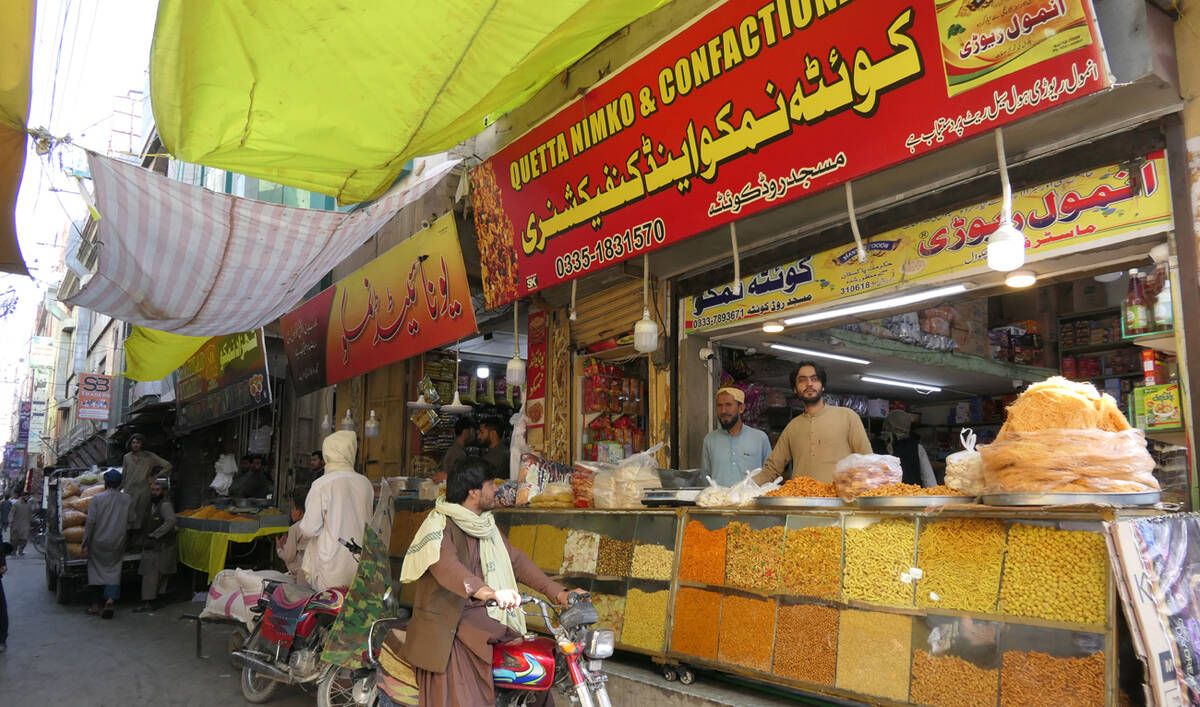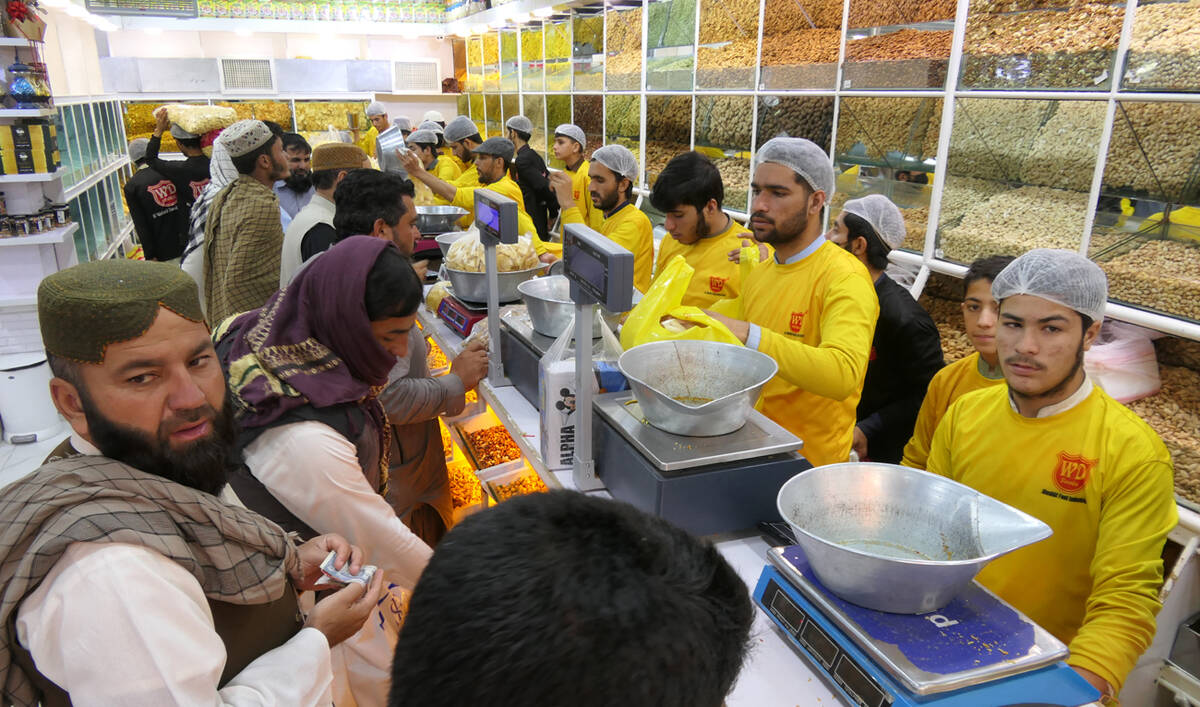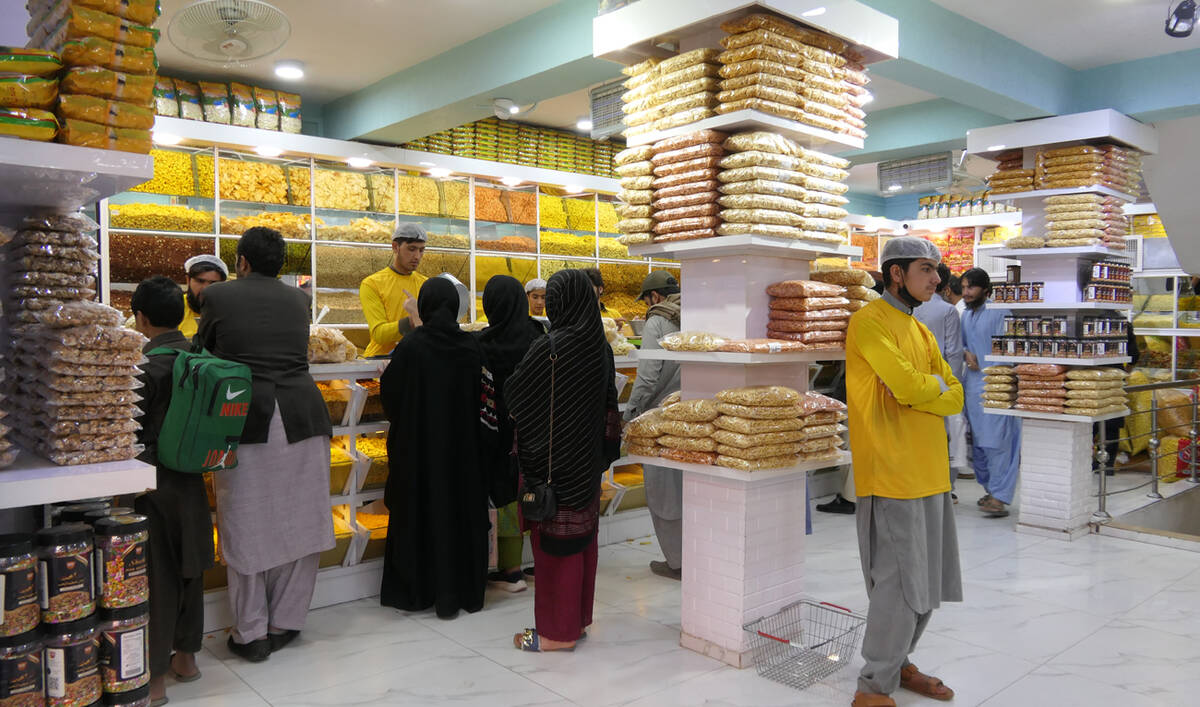TUNIS: Tunisia’s parliament was set to vote on a major amendment to the electoral law on Friday, nine days before a presidential election that opposition groups fear will cement President Kais Saied’s authoritarian rule. The bill strips the Administrative Court of its authority to adjudicate electoral disputes. It is likely to pass in an assembly elected in 2022 on an 11 percent turnout after Saied dissolved the previous one and prompted an opposition boycott.
Political opposition and civil society groups called for protests against the bill near parliament.
The Administrative Court is widely seen as the last independent judicial body, after Saied dissolved the Supreme Judicial Council and dismissed dozens of judges in 2022. The court this month ordered the electoral commission to reinstate disqualified presidential candidates, saying the legitimacy of the Oct. 6 election was in question. But the commission defied the court and has allowed only two candidates to run against Saied.
Lawmakers said they had proposed the bill because they believed the Administrative Court was no longer neutral and could annul the election and plunge Tunisia into chaos and a constitutional vacuum.
Critics argue that Saied is using the electoral commission and the judiciary to secure victory by stifling competition and intimidating rivals. He for his part says he is fighting traitors, mercenaries and corruption.
Saied was democratically elected in 2019, but then tightened his grip on power and began ruling by decree in 2021 in a move the opposition has described as a coup. Presidential candidate Ayachi Zammel was sentenced last week to 20 months in prison on charges of falsifying popular endorsements, and to a further six months on Wednesday on charges of falsifying documents.
Abir Moussi, leader of the Free Constitutional Party, has been imprisoned since last year on charges of harming public security. Another prominent politician, Lotfi Mraihi, was jailed this year on charges of vote-buying in 2019.
Both had said they would run in October, but were prevented from submitting their applications from jail.
Another court jailed four other potential candidates in August and gave them lifetime bans from running for office.
Tunisia assembly votes on electoral bill nine days before poll, opposition calls protest
https://arab.news/ysp69
Tunisia assembly votes on electoral bill nine days before poll, opposition calls protest

- Bill strips Administrative Court of authority over electoral disputes
- Critics argue Saied uses judiciary to stifle competition and intimidate rivals

























